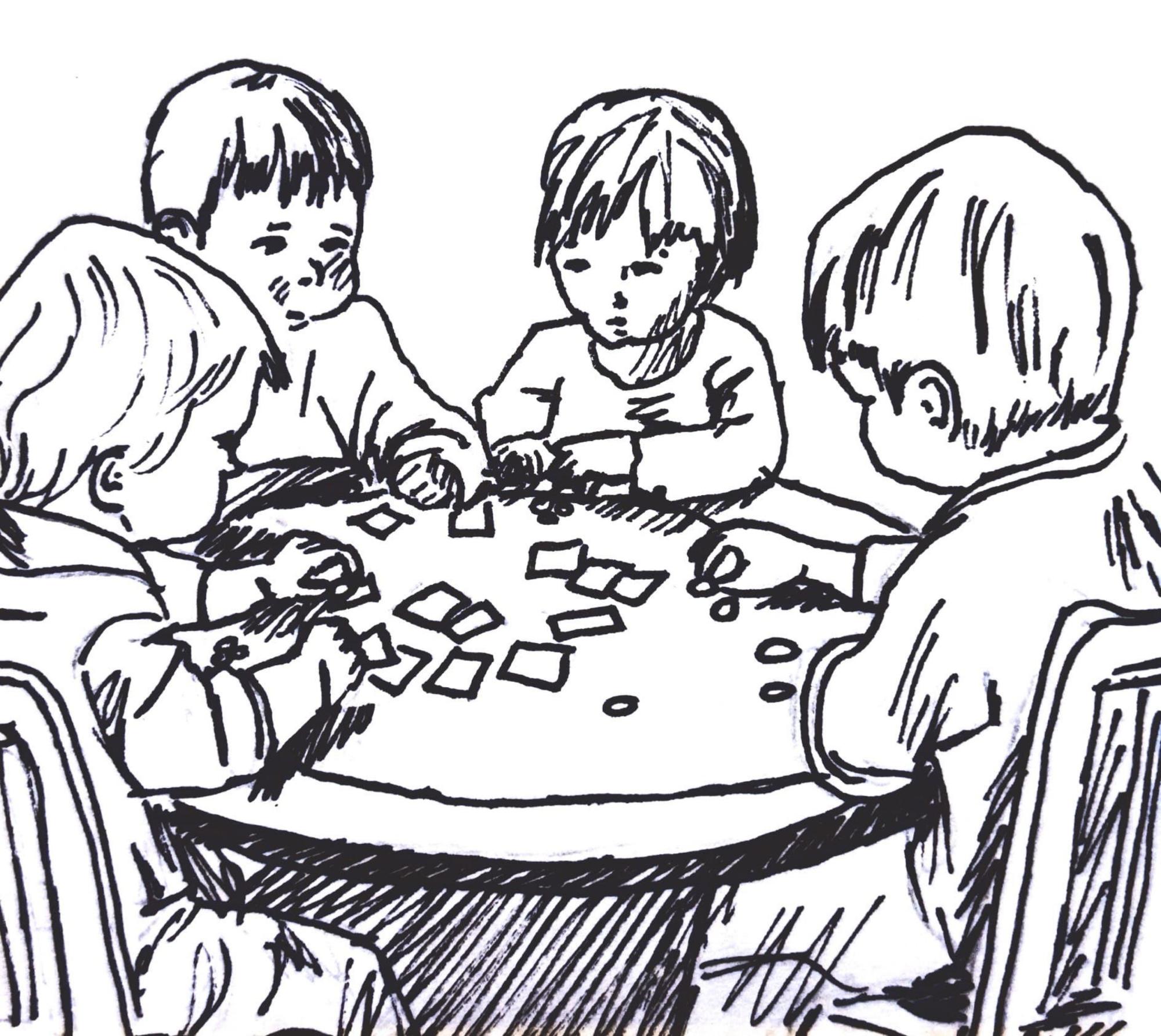Everyone knows that poker benefits young, developing minds. To spread the many benefits of poker, the TU Poker club created the “Start ’em Young” initiative aimed at teaching this great game to local disadvantaged children.
Despite the initiative’s obvious good, SGA denied TU Poker’s funding request, citing “misuse of funds” and “legal questions.” This is unacceptable. Trinity needs to make child gambling a priority. SGA and the university need to better support the club in its mission to teach poker to impoverished children across San Antonio.
There are numerous advantages to early poker introduction. From critical thinking to social awareness to a future six-figure career, poker teaches children important life skills and sets them up for success. This initiative sought to do just that by developing gambling habits in children in need.
The “Start ’em Young” initiative intended to provide free, high-quality poker lessons in both English and Spanish to needy children in the San Antonio area. Now, without funding, those children suffer.
If funded, local children would reap many benefits from this initiative. Poker introduces children to skills and knowledge they otherwise might not encounter, such as mathematical and financial concepts like numerical and monetary values, probability, and risk. Through this initiative, children could develop their understanding of these concepts while applying them to an important real-world issue — to gamble or not to gamble.
It also teaches children the process of losing and gaining money and the importance of saving. “Playing poker can provide valuable lessons in how to make better financial decisions,” Bob Carlson, senior contributor at Forbes, wrote. “In fact, you can learn how to make better decisions in general from poker.”
The learning lessons do not stop here. Rather, poker requires reading your opponents’ facial expressions and body language, looking for indicators of confidence or “tells,” and of winning or losing hands. By teaching children the game of poker and giving them real money to play with, they will quickly learn the value of reading their opponents. They will be forced to improve their social awareness and behavioral and social skills — all critical areas of development in early childhood.
Additionally, for certain students, poker may become a full-blown career. World-famous poker player Daniel Negreanu earned more than $51 million from poker tournaments. Clearly, there is a lot of money to be made in the industry.
Besides becoming a professional player, poker prepares students for the speculative industries that have come to dominate world economics in recent years. Consider the stock market, cryptocurrency, or U.S. politics — everything is a gamble. To prepare children to be the leaders of future generations, we must teach them to understand uncertainty, risk, and analysis. We need to teach them poker.
You may be asking, why poker? Social stigma has scorned poker and its use in classrooms nationwide. Why not use more socially acceptable games with similar benefits, like chess?
Though often disregarded as immoral or financially irresponsible, poker is an untapped pedagogical tool that “Start ’em Young” plans to utilize. According to the Mayo Clinic, “Gambling can stimulate the brain’s reward system much like drugs or alcohol can, leading to addiction.” By creating an addiction, poker can create an infinite feedback loop where children continually learn from the game while winning more as they get better, leading them to continue playing more and thus learning more.
Looking at the evidence, it’s obvious that SGA has made a mistake. There are no valid reasons to deny funding to TU Poker club’s “Start ’em Young” initiative. Meanwhile, there are many reasons why to provide access to poker for disadvantaged children in San Antonio. TU Poker Club designed this initiative to give back to the community and foster meaningful experiences for those in need. Help them accomplish this noble goal. Repeal the denial. Teach children poker, now.



